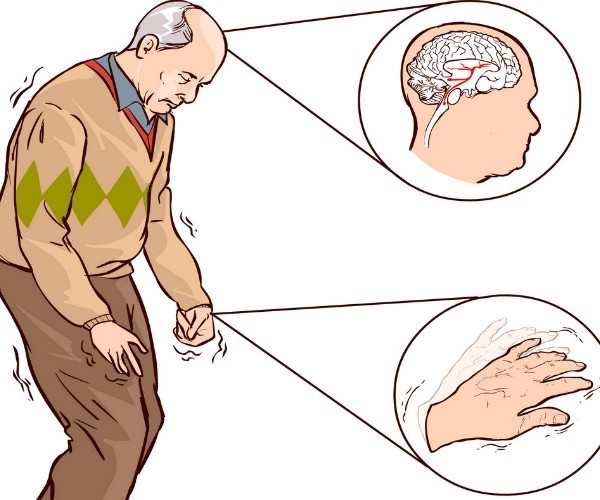As many as 114,000 people in Italy are affected by multiple sclerosis, a chronic progressive neurological disease. Women of childbearing age are the most affected and many of them want to have children, but there is still too much misinformation. A European survey reveals thisconducted by Wakefield Research with support from Teva Pharmaceuticals Europe and touchNeurology® in Germany, the Netherlands, Italy, Spain, and the United Kingdom among a sample of 1,000 women (200 in each of the 5 countries) aged 25 to 35 years diagnosed with relapsing Multiple Sclerosis in the past 5 years. Respondents were invited, via e-mail, to participate in the online survey that took place between August 10 and September 1, 2017.
Multiple sclerosis and pregnancy
Insufficient access to information and persistent misconceptions are potentially fueled by the lack of dialogue with the physician on pregnancy-related issues. In fact, it was found that more than one in three women, or 35 percent of the total number of women, do not talk about these issues with their neurologist/MS specialist, and 49 percent do not even talk about them with their primary care physician, despite the fact that these are issues close to their hearts. Instead, “a diagnosis of multiple sclerosis,” says Maria Pia Amato, Ordinaria of the Department of Neuroscience at the University of Florence, “can raise many questions in women about the issues of contraception and pregnancy. We know that for most women with this disease, the risk of pregnancy-related complications does not generally increase. Women with MS need access to quality information and support from trained health care providers. In the PRIMUS project, Professor Amato continued, we adopted a multidisciplinary approach with the participation of neurologists from MS Clinical Centers, gynecologists and psychologists. The multidisciplinary team, based on the evidence available in the literature and clinical experience, developed a consensus with respect to counseling the woman with MS facing a maternity project and the treatment choices to be evaluated before, during pregnancy and in the postpartum period.”
Conclusions
The “Toolkit on Multiple Sclerosis and Pregnancy,” can be downloaded in the English language version on the TouchNeurology website. The most developed themes concern the misconceptions that have emerged; at the same time, it is intended to stimulate a more in-depth dialogue between women and their physicians. In particular, here are the most clicked points:
– Information on Multiple Sclerosis and pregnancy issues for women with this condition
– Advice on pregnancy-related issues
– Guidance for physicians on survey results and dialogue with their patients.




































































































